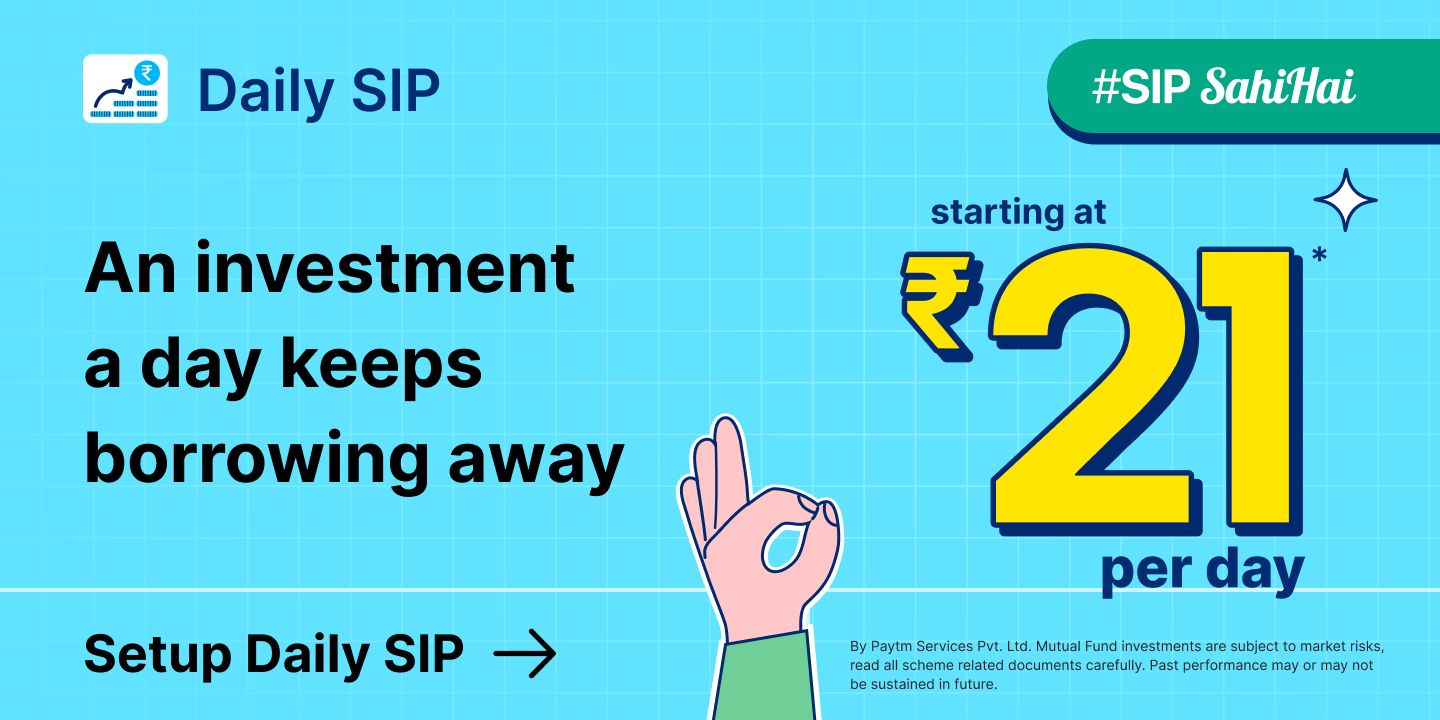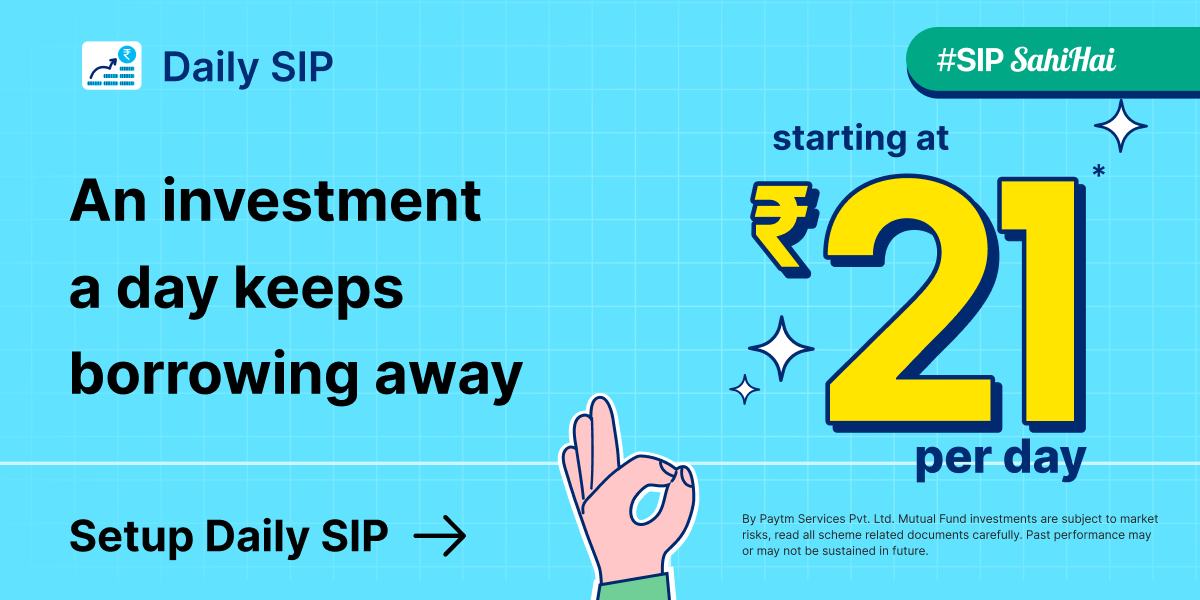Creating a financial portfolio is crucial for investors to secure their financial future, achieve their goals, and navigate through the complex world of investing confidently. With a diverse range of investment options available, it is essential to construct a well-diversified portfolio tailored to your specific needs.
In this blog, we will explore the process of creating a financial portfolio in India, taking into account the unique characteristics of the Indian investment landscape.
6 Tips to Build Your Financial Portfolio
- Define Your Financial Goals
Before diving into the specifics of constructing a portfolio, it’s crucial to identify your financial goals. Ask yourself questions such as:
- What are you saving for? (e.g., retirement, education, buying a home)
- When do you need the funds?
- How much risk are you comfortable with?
- What is your expected rate of return? Understanding your goals will help shape your investment strategy and asset allocation.
Must read: Investing Tips for Beginners
- Assess Your Risk Tolerance
Understanding your risk tolerance is crucial while creating a portfolio. Factors such as age, income stability, financial responsibilities, and investment knowledge influence your risk appetite. Conservative investors may prefer lower-risk investments, while aggressive investors may be willing to take higher risks for potentially higher returns. Evaluate your risk tolerance to determine the right asset allocation for your portfolio.
- Diversify Across Asset Classes
Diversification is key to managing risk and optimizing returns. You can diversify across various asset classes, such as-
- Equities: Consider investing in individual stocks or equity mutual funds. The Indian stock market offers opportunities for long-term growth, but it is important to conduct thorough research or seek professional advice.
- Fixed Income: Bonds, Paytm fixed deposits (FDs) , and debt mutual funds provide stable income. Government bonds, corporate bonds, and tax-saving fixed deposits are popular options in India.
- Mutual Funds: Mutual funds offer diversification across asset classes and are managed by professional fund managers. Choose funds based on your risk profile and investment objectives.
- Real Estate: Investing in residential or commercial properties, real estate investment trusts (REITs), or real estate mutual funds can add a tangible asset to your portfolio.
- Gold: Indians traditionally have a fondness for gold. You can invest in physical gold, gold ETFs, or gold mutual funds to hedge against inflation and diversify your portfolio.
- Consider Tax Planning
Tax planning is a crucial aspect of portfolio construction. Evaluate tax-saving investment options such as Public Provident Fund (PPF), National Pension Scheme (NPS), tax-saving fixed deposits, and Equity Linked Savings Scheme (ELSS) mutual funds. These investments provide tax benefits under various sections of the Income Tax Act.
A Comparison of Long-Term and Short-Term Strategies
- Monitor and Review Regularly
Monitor the performance of your investments regularly. Stay informed about market trends, economic indicators, and changes in regulations. Rebalance your portfolio periodically to maintain the desired asset allocation. Review your portfolio at least annually or when there are significant changes in your financial circumstances or goals.
- Seek Professional Advice
If you are unsure about constructing your portfolio or lack the necessary expertise, consider consulting with a financial advisor in India. An advisor can provide personalized guidance based on your unique financial situation and goals. They can help you navigate the complexities of the Indian investment landscape and make informed investment decisions.
Points to Consider While Creating Financial Portfolio
- Gather Required Documents
- Identification Documents: This includes your PAN card, Aadhaar card, passport, or any other government-issued identification.
- Bank Statements: Obtain recent bank statements from your savings or current accounts.
- Income Proof: Gather documents that validate your income, such as salary slips, income tax returns (ITR), or Form 16.
- Investment Statements: Collect statements from existing investments like mutual funds, stocks, bonds, or fixed deposits.
Bond Market vs Stock Market: What’s the Difference?
- Insurance Policies: Compile information about your life insurance, health insurance, and any other insurance policies you hold.
- Loan Documents: Include details of any existing loans, such as home loans, car loans, or personal loans.
- Obtain Information on Investment Options
To make informed investment decisions, gather information on various investment options available in India. Some useful sources include:
- Stock Market Information: Stay updated on stock market indices, individual stock prices, and financial news through financial news portals, stock market apps, or brokerage platforms.
- Mutual Fund Fact Sheets: Access mutual fund fact sheets from Asset Management Companies (AMCs) to review the fund’s performance, holdings, expense ratios, and investment strategy.
- Bond Markets: Obtain information on government bonds, corporate bonds, and fixed-income securities through financial institutions or bond market platforms.
- Real Estate Listings: Explore real estate portals or consult real estate agents to gather information on property prices, rental yields, and market trends.
- Gold Market Updates: Stay informed about gold prices and market trends through online platforms, financial news channels, or gold trading websites.
- Stay Updated on Ongoing Rates
To monitor interest rates, exchange rates, and other market indicators, you can refer to the following sources:
- Reserve Bank of India (RBI): The RBI publishes updates on key policy rates, such as the repo rate, reverse repo rate, and other monetary policy decisions on their official website.
- Financial News Sources: Regularly follow financial news outlets, both print and digital, for updates on interest rates, inflation, currency exchange rates, and market trends.
- Bank Websites: Check the websites of banks and financial institutions to stay updated on savings account interest rates, fixed deposit rates, and loan interest rates.
- Consult Financial Advisors and Professionals
To ensure you make well-informed decisions and receive personalized guidance, consider consulting financial advisors, tax professionals, or investment consultants. They can provide expert advice, help analyze your financial situation, and offer recommendations based on your goals and risk tolerance. Remember, the financial landscape is dynamic, and rates, market conditions, and regulations can change over time. Stay proactive and regularly review your portfolio to align it with your goals and make adjustments as necessary.
Conclusion
Creating a financial portfolio in India requires careful consideration of your financial goals, risk tolerance, and available investment options. By diversifying across asset classes, taking advantage of tax-saving opportunities, and regularly monitoring and reviewing your portfolio, you can build a strong financial foundation. Seek professional advice when needed and stay updated on market trends to make informed investment decisions. Remember, investing involves risks, and it is essential to conduct thorough research or seek professional guidance before making any investment decisions.










